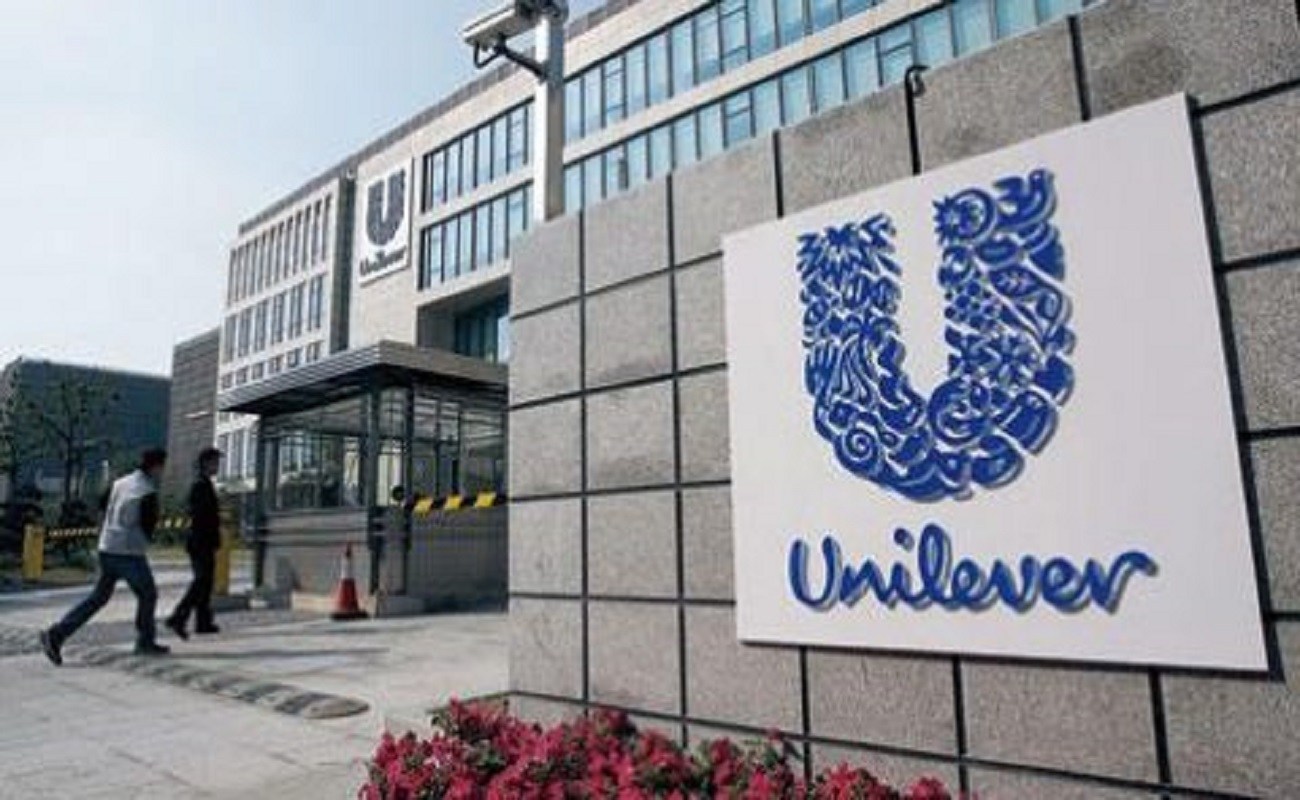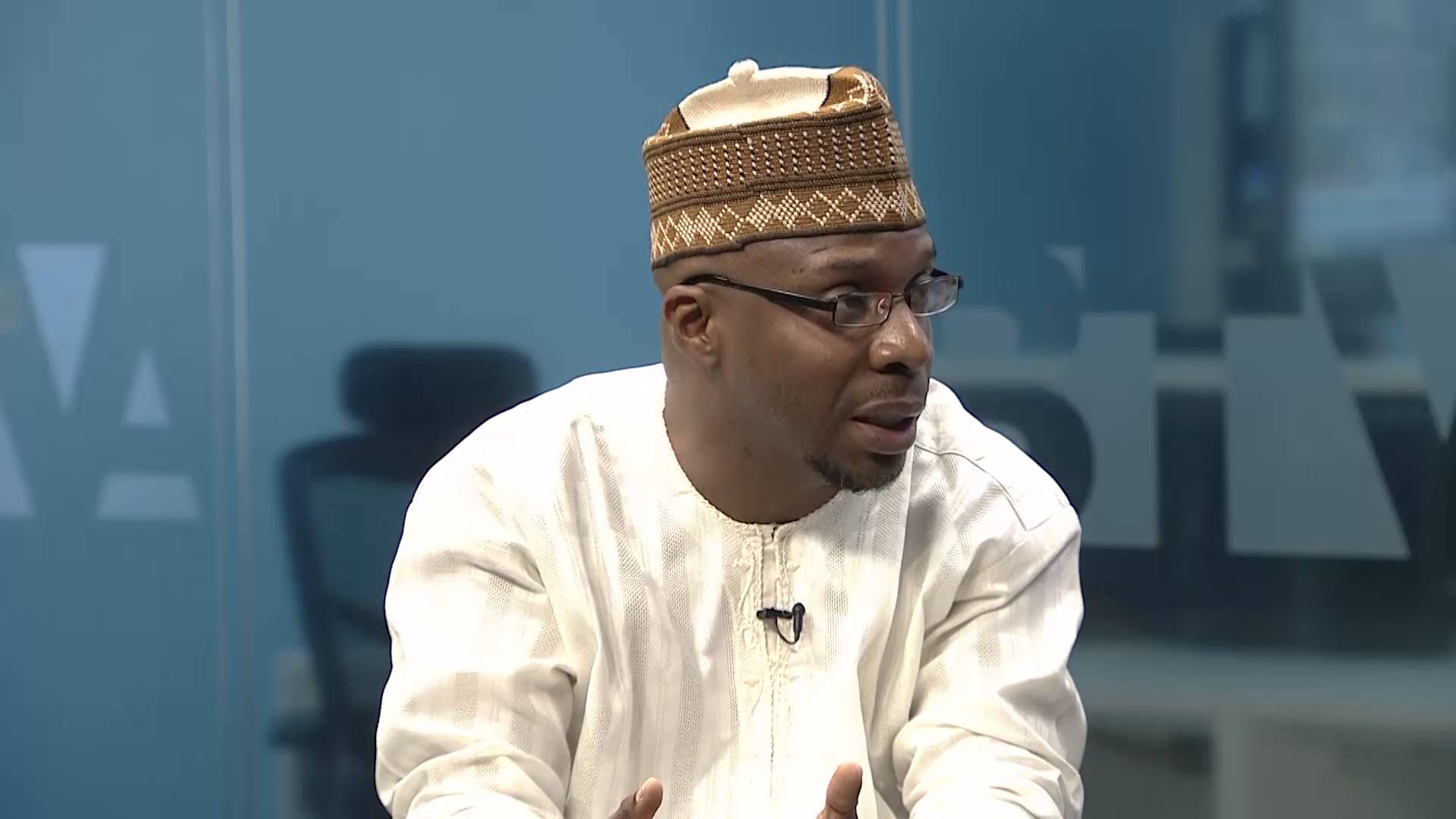The National Bureau of Statistics (NBS) on Monday said the nation’s economy maintained a strong growth trend in the first quarter of 2018.
This according to the bureau is despite a marginal decline by about -0.16 per cent from last quarter of 2017.
The statistics agency said in the latest Nigerian Gross Domestic Product (GDP) Report released on Monday in Abuja that the Nigerian economy grew by about 1.95 per cent in real terms in the first quarter of 2018.
Although lower than about 2.11 per cent achieved in the fourth quarter of 2017, the NBS said it was still better than about -0.91 per cent recorded in the corresponding period in 2017.
The report read in part, “Nigeria’s Gross Domestic Product grew by 1.95 per cent year-on-year in real terms in the first quarter of 2018. “This shows a stronger growth when compared with the first quarter of 2017 which recorded a growth of –0.91 per cent indicating an increase of 2.87 per cent points.
“Compared to the preceding quarter, there was a decline of –0.16 per cent points from 2.11 per cent. Quarter on quarter, real GDP growth was –13.40 per cent.”
According to the report, the new level, which represents an increase of about 2.87 per cent points with real GDP growth still going slow at -13.4 per cent, still aligns with the growth trajectory since the economy recovered from the worst recession in the country’s history in January 2017.
The NBS report showed aggregate GDP at about N28.5 trillion in nominal terms, a higher performance when compared with about N26.03 trillion recorded in the first quarter of 2017.
This represents a nominal growth rate of about 9.36 per cent, lower by about -7.7 per cent points, compared to 17.06 per cent attained in the corresponding period in the first quarter of 2017.
Regardless, the performance is still higher than the previous quarter’s growth by 2.14 per cent at 7.22 per cent.
Real GDP stands at about N16.11 trillion, the report said, with non-oil sector GDP accounting for about 90.4 per cent of the entire economy, against about 92.65 per cent in the corresponding period in 2017.
Oil GDP, which stands at about 9.61 per cent for the quarter, was adjusted to reflect the revision in oil production estimates for the third and fourth quarters of 2017.
Further details from the report showed that during the period under review, average daily oil production stood at about two million barrels per day (mbpd), which was higher than the daily average production recorded in the fourth quarter of 2017 by 50,000 bpd.
Oil sector real growth was about 14.77 per cent in the first quarter of 2018, about 30.4 per cent points increase relative to rate recorded in the corresponding quarter of 2017.
The sector grew by 13.24 per cent in first quarter of 2018, contributing about 9.61 per cent to the overall real GDP, up from 8.53 per cent and 7.35 per cent in the first and fourth quarters of 2017, respectively.
In the non-oil sector, real growth was by 0.76 per cent during the quarter, higher by 0.04 per cent points, compared to the rate recorded same quarter of 2017 and 0.70 per cent point lower than the fourth quarter of 2017.

